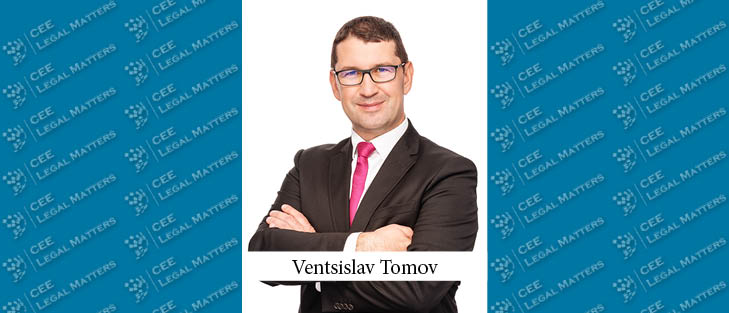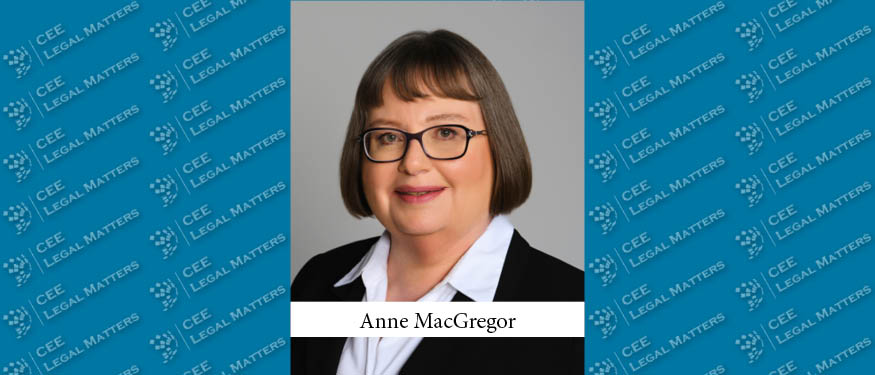As Schonherr Head of Intellectual Property and Dispute Resolution practices in Bulgaria Ventsislav Tomov explains, Bulgaria’s delicate political situation and unreliable judicial system are creating a challenging environment for both local and international businesses. Amid these uncertainties, internal corporate investigations are on the rise, driven by cultural clashes between Western investors and Bulgarian management as well as growing concerns over compliance and governance.
“Bulgaria’s political situation is quite delicate,” Tomov begins. “We are likely facing our eighth consecutive election, and the parliament is essentially nonfunctional, which means no meaningful legislative amendments are being passed. This creates a ripple effect across various sectors, contributing to legal uncertainties and weakening the enforcement of laws.” As he puts it, the court system remains unreliable, and public prosecution and police authorities are often unable – or unwilling – to address key issues. “This lack of effective law enforcement fosters a sense of impunity among corporate managers, making internal corporate investigations increasingly common.”
Focusing on why internal corporate investigations have become such a common trend, Tomov says that “there are several reasons, but the cultural differences between Western and US investors and Bulgarian managers stand out. Western investors often bring decades – or even centuries – of corporate governance traditions and strict compliance policies, which can clash with local practices.” According to him, Bulgaria’s historical background as an ex-communist state plays a role here. “While we’ve transitioned to a market economy, cultural shifts are much slower. Many managers struggle to align with the high expectations of international investors, leading to governance issues like financial leakages or even infringements on employees’ rights.”
To provide a more specific image of the situation, Tomov says that “most cases arise from whistleblower reports or financial discrepancies discovered by investors. These investigations aim to uncover the truth behind possible crimes, fraud, or civil and administrative infringements. Sometimes, the issues are clear-cut, like embezzlement, but often they stem from cultural misunderstandings or unconventional business practices.” For instance, “what may appear as mismanagement to an international investor might simply be a local manager’s interpretation of how to handle a situation,” he says.
Furthermore, Tomov reports that internal corporate investigations require a very delicate approach. “As local lawyers, we need not only legal expertise but also an understanding of Bulgaria’s cultural nuances. These cases often involve assessing compliance with internal corporate rules, which can be complex and may conflict with local customs.” Moreover, he adds that “data protection and legal privilege are also major considerations, as we must carefully navigate access to internal communications while respecting privacy laws.”
Finally, Tomov adds that “patent litigation – particularly in the pharmaceutical sector – has been on the rise over the last two to three years. Large companies are increasingly fighting over patent rights, both in court and through extrajudicial measures.” According to him, “this reflects a broader trend across the region, but it has become especially prominent in Bulgaria recently.” In conclusion, Tomov stresses that internal investigations and patent disputes are likely to continue growing in prominence, driven by globalization and the increasing influence of international investors. “The challenge will be aligning Bulgaria’s legal and corporate practices with global standards while respecting local cultural nuances. It’s a complex but fascinating dynamic to navigate.”















